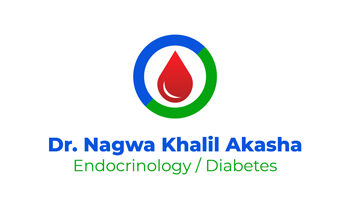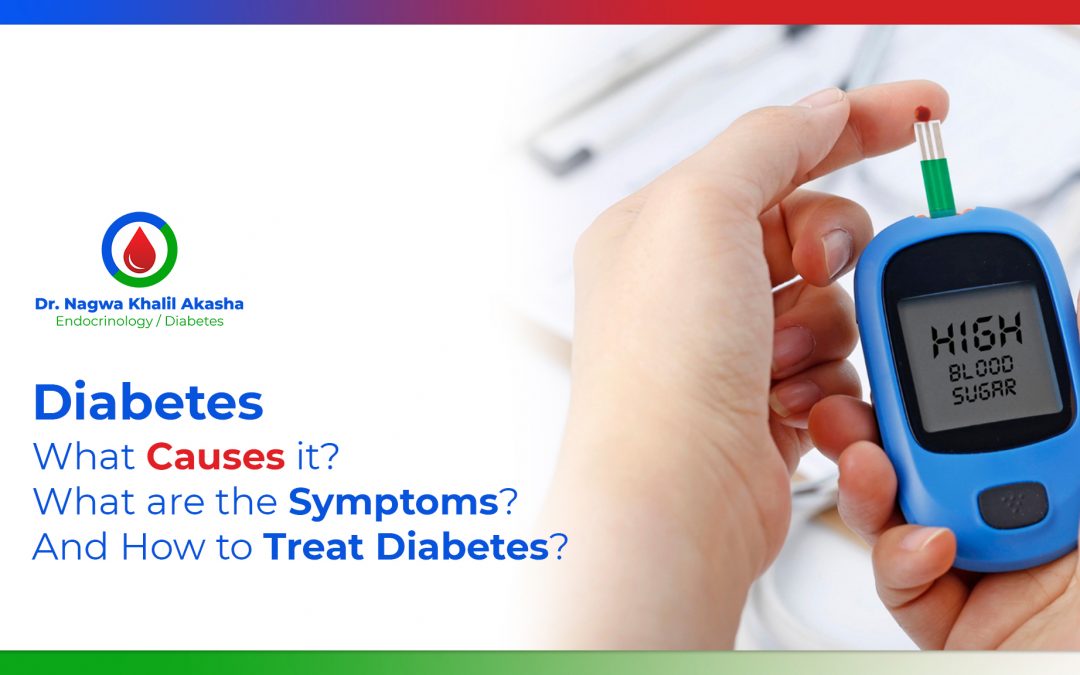What is Diabetes
When your blood glucose is also known as blood sugar starts getting too high you most likely have diabetes. Your body gains energy from your blood glucose and it comes from the food you eat. Insulin is a hormone that is made in your body by the pancreas. Insulin helps glucose enter cells and hence produce energy. Diabetes occurs when our body doesn’t produce enough insulin or doesn’t use insulin well that is produced in our body. Consequently, the glucose begins to stay in our blood and stops reaching our cells. Our bodies start having serious problems and an unnecessary amount of glucose is amassed in our blood.
Types of Diabetes
Generally, there are three to four different types of diabetes.
Type 1 diabetes: when the immune system starts attacking and destroying insulin-producing cells in the body. As a result, the body loses its ability to produce insulin or only make insulin in a very small amount. It is caused by different factors, including genetics, viruses, and environmental factors. Around 10% of people have Type 1 diabetes.
Type 2 diabetes: occurs when there is a reduction in the production of insulin or when the body becomes resistant to the insulin, and sugar level increases in your blood. Type 2 diabetes is more common than any other type of diabetes since about 80% to 90% of people have Type 2 diabetes.
Gestational diabetes:, is a condition diagnosed during pregnancy in which a hormone made by the placenta prevents the body from using insulin effectively. Glucose builds up in the blood instead of being absorbed by the cells.
Prediabetes: occurs when the blood sugar level in your body is higher than normal, however, it’s not high enough to be diagnosed as type 2 diabetes. There is also a miscellaneous category of diabetes that involves several uncommon or rare inherited causes. Although only a minority of people are often diagnosed with diabetes due to unusual causes.
Symptoms
The common symptoms of any type of diabetes may include:
- Increased Appetite and Thirst
- Frequent Urination
- Blurry Vision
- Unexplained Weight Loss
- Tiredness and Weakness in body
- Slow-healing wounds, sores , or cuts
- Frequent infections
You may encounter different symptoms with different types of diabetes. The intensity or frequency of symptoms may also vary according to the type of diabetes a person is diagnosed with.
In Type 1 diabetes, symptoms can develop in a couple of weeks or months. Symptoms can usually begin to develop at an early age – when you are a child, teen , or young adult. People with Type 1 diabetes may experience nausea, stomach aches, vomiting, yeast , or urinary tract infections.
In Type 2 diabetes, the symptoms are hard to notice since they begin to develop gradually and slowly over the years. You may find type 2 diabetes symptoms in your adulthood.
In Gestational diabetes, many women rarely encounter any major symptoms and most women can’t observe any symptoms. Only a gynecologist or obstetrician can test you for gestational diabetes during your pregnancy. Diabetes affects women and men in different ways. Hence the symptoms can differ in both genders.
| Diabetes Symptoms Common in Men | Diabetes Symptoms Common in Women |
|---|---|
| Decreased Muscle Strength | Itchy and Dry Skin |
| Low Sex Drive | Urinary Tract Infection |
| Erectile Dysfunction | Yeast Infection |
Complications
The complications caused by diabetes are critical and can be life-threatening. Uncontrolled blood sugar and untreated diabetic conditions like insulin resistance, high blood glucose level , or untreated wounds can cause damage to your kidneys, eyes, nerves , or any other organs. Diabetes has both short-term and long-term consequences on your health. If you continue to have diabetes and uncontrolled blood sugar then the risk of complications becomes higher.
These health-critical complications include:
- Nerve damage
- Kidney damage
- Foot damage
- Skin Infections
- Cardiovascular disease
- Erectile dysfunction
- Loss of Hearing
- Dementia
- Depression
- Dental Problems
While the complications of gestational diabetes can also have grave impacts on the health of both mother and the child. Possible complications of gestational diabetes include:
| Gestational Diabetes Impacts on the Mother | Gestational Diabetes Impacts on the Child |
| ●Excess Protein in Urine
● Leg & Feet Swelling ● High Blood Pressure ● Risk of Gestational Diabetes in future pregnancies ● Risk of developing diabetes later in life |
●Low Blood Sugar
● Higher-than-normal Birth Weight ● Risk of developing type 2 diabetes later in life ● Death shortly after birth |
Treatments
The treatment of diabetes is possible through prevention, moderation, self-control, changes in lifestyle, and timely addressing of medical conditions. The treatment for different types of diabetes is different.
For Type 1 Diabetes, a strict schedule needs to be followed including a carefully calculated diet, physical activity, daily insulin injections , and testing of blood glucose a couple of times per day.
For Type 2 Diabetes, diet control, daily exercise, oral medication or insulin (in some cases), and home blood glucose testing is essential to do. Insulin injections are only suggested when your doctor recommends.
For Gestational Diabetes, health experts mostly recommend taking a healthy diet full of nutrients including plenty of fruits, vegetables and taking lean sources of protein such as fish. It is advisable to avoid sugary drinks and food during pregnancy if you have gestational diabetes. Exercise and some light physical activity are encouraged. Oral medication and Insulin injections should only be considered after consultation with your obstetrician.
Conclusion
Diabetes is a long-lasting health condition with multi-system involvement. There isn’t a complete cure for diabetes yet, but it can be prevented and managed by eating healthy food, decreasing your sugar intake, losing weight , and being physically active. Consider taking medication when needed and self-managing your routine, diet , and exercise , and regular health checkups can reduce the impacts of diabetes on your life.

